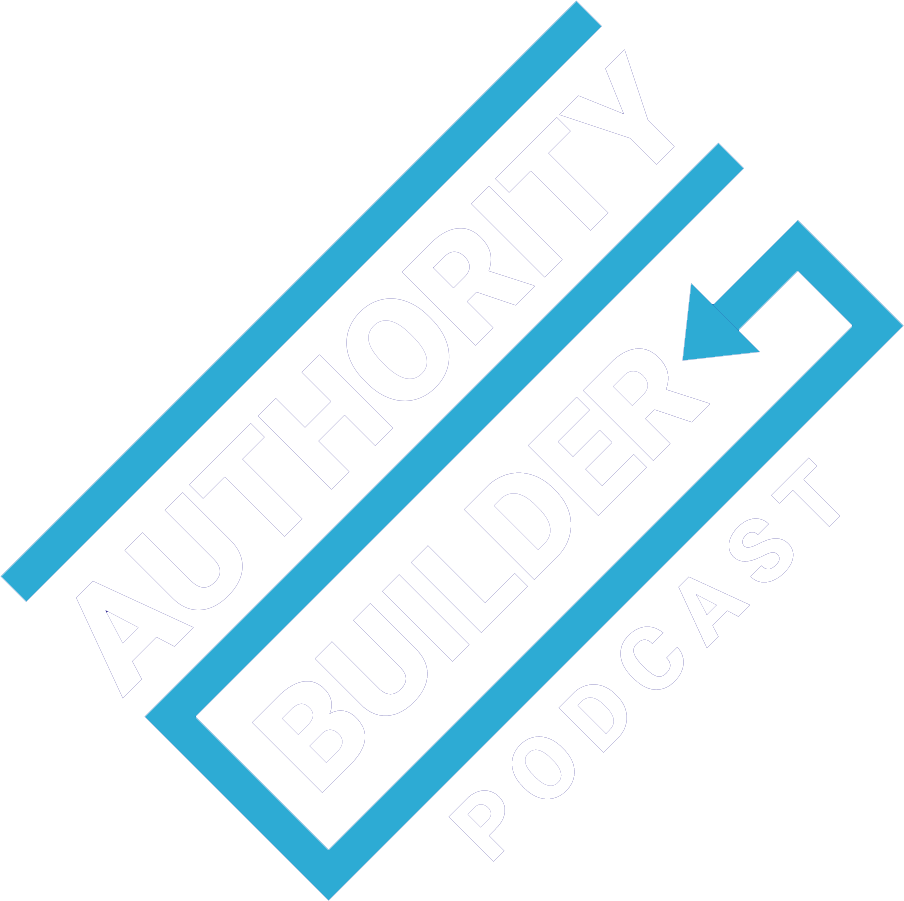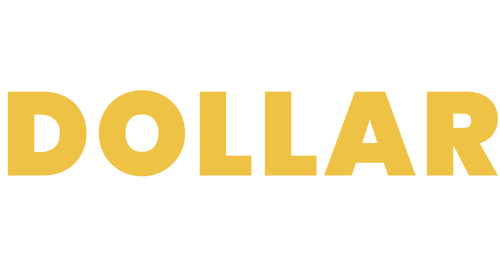Brad Costanzo is a unique entrepreneur in that rather than starting new businesses…he prefers to help existing businesses be better than they are.
Along the way, Brad, host of the Bacon Wrapped Business podcast, has taken his role as a consultant to a whole new level – something that his clients appreciate and has helped him personally leverage some lucrative deals.
It all starts with being curious and asking questions. He recommends every professional service provider and consultant do that with a new client.
Check out the conversation to discover…
- Why mistakes are not failures
- What you can tell yourself to get over fear and anxiety
- The first question you should ask every client
- How to recognize opportunity in your day-to-day
- The Getting Your Hooks in Technique for landing more business
- And more
Mentioned in the show
- Brad Costanzo
- Bacon-Wrapped Business
- 4-Hour Workweek
- Steve Sims’s episode on Unstoppable CEO
- Bacon-Wrapped Business, Sizzling Hot Business Advice Guaranteed to Make You Fat Profits
- AskBrad@BaconWrappedBusiness.com
- Enjoyed this episode? Rate this podcast on iTunes >>


